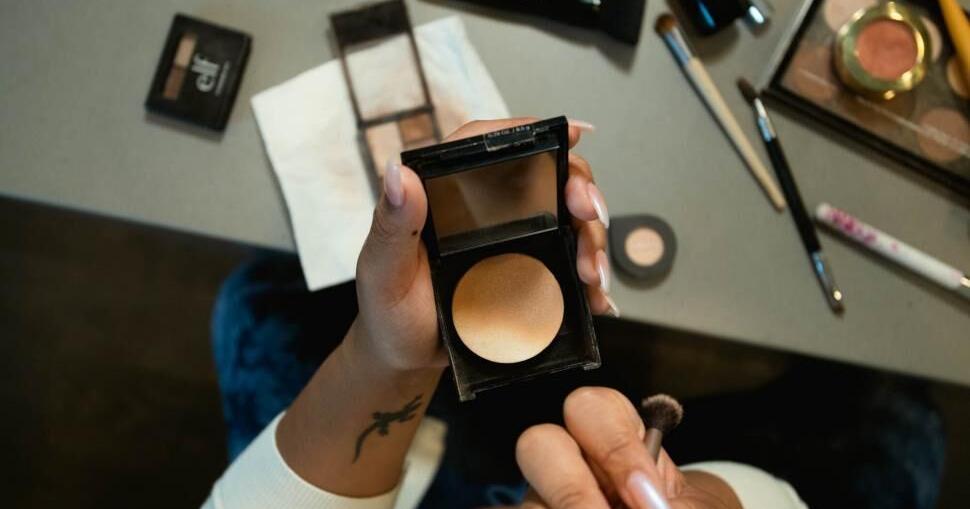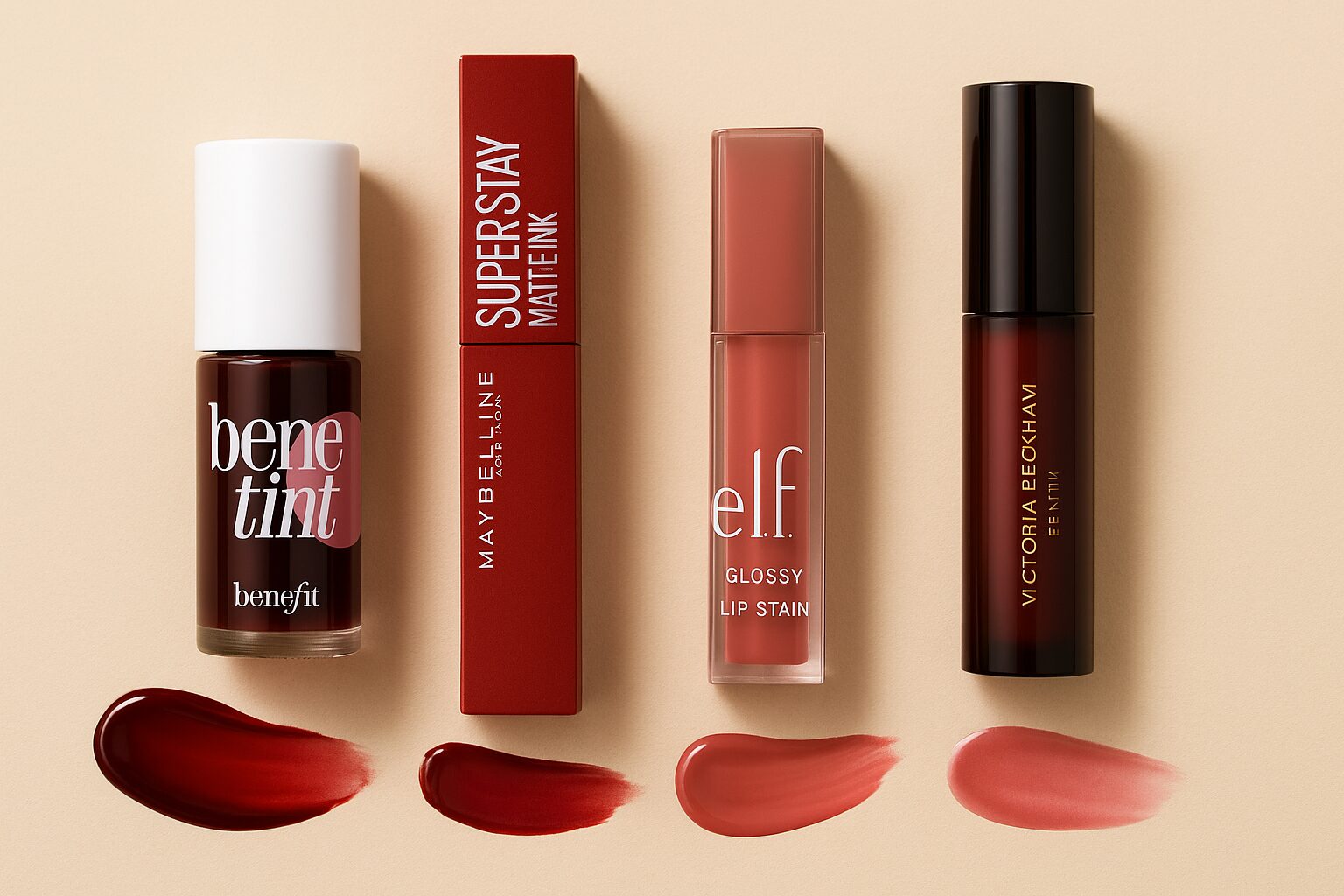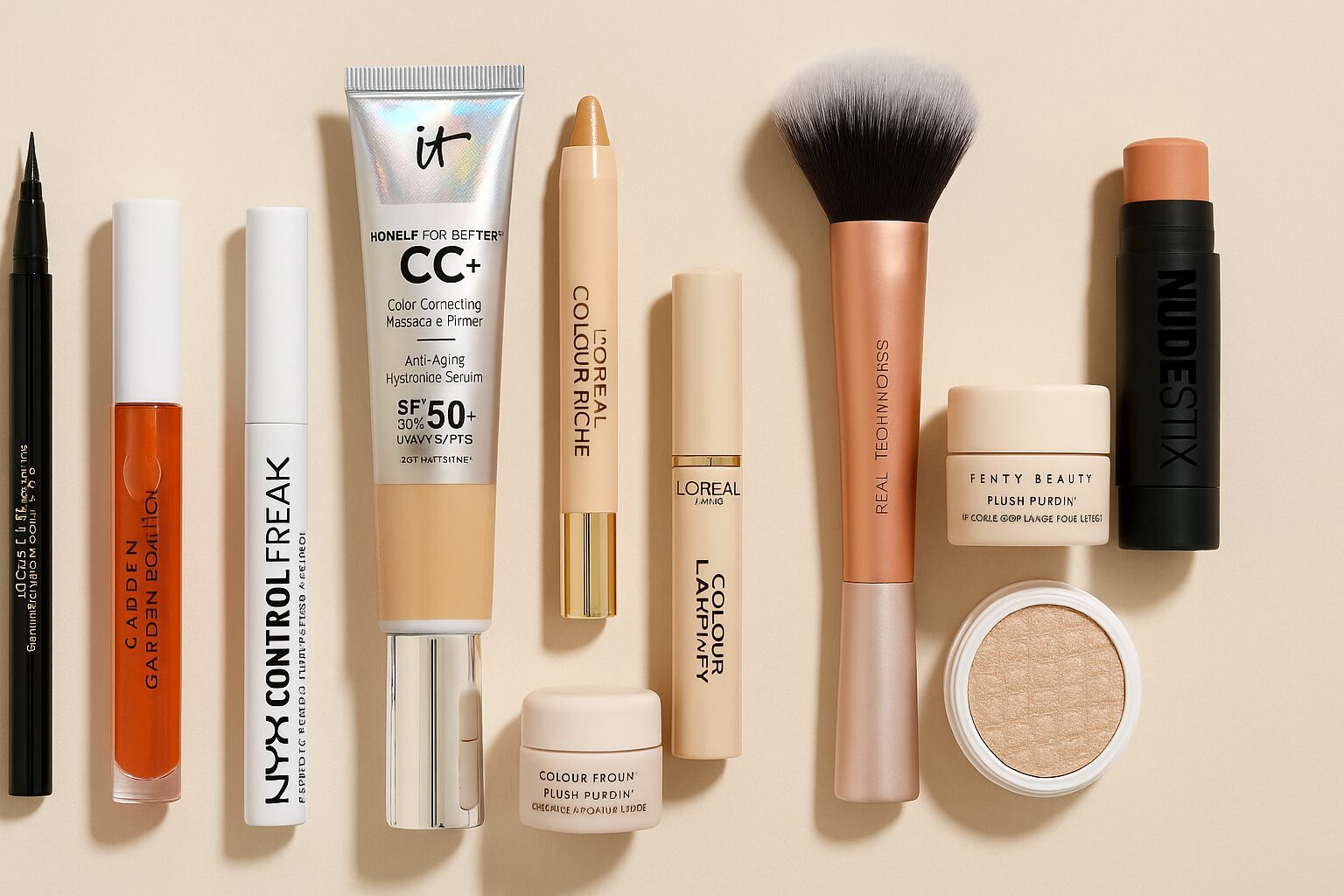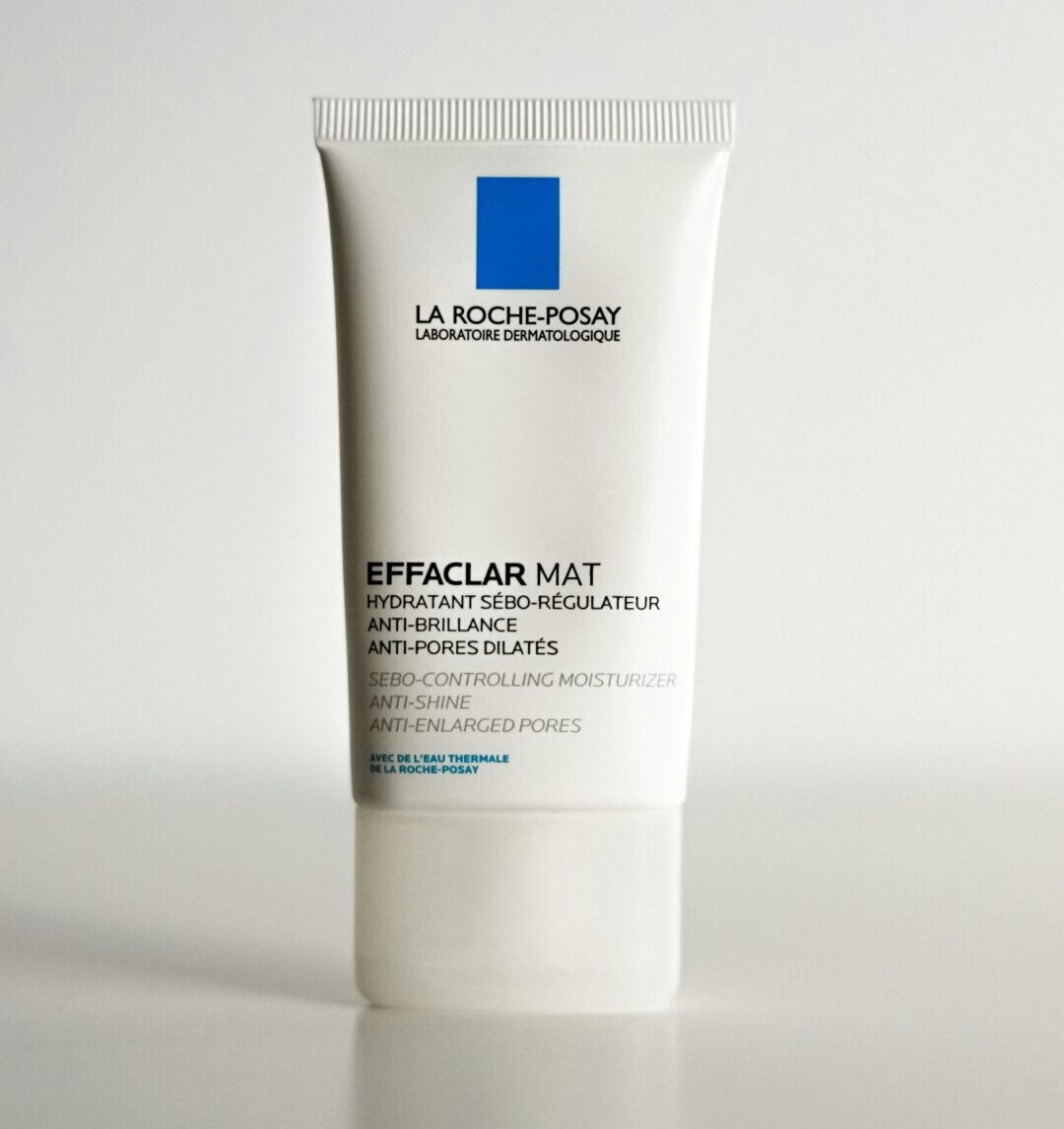The beauty industry today is facing a complex and controversial issue – colorism, that is proving harmful. Colorism refers to prejudice or discrimination against individuals with dark skin tones, a term less known to some but identified by others as a systemic issue that runs deep within the roots of our society.
Research has indicated that colorism perpetuates the white beauty standard in the advertising sector. This perspective is backed by a study commissioned by a leading news network that suggests children tend to associate positive characteristics with lighter skin tones and negative traits with darker ones. This bias has been witnessed across diverse industries but is lately becoming quite evident in the beauty sector.
An instance from the past showcases how a renowned beauty brand, Dove, came under scrutiny for its representation of colorism. The controversy surrounded an advertisement released in 2011 which portrayed three women with progressively lighter skin tones, positioned under two banners stating ‘Before’ and ‘After’. This led many viewers to believe that the brand was implying that lighter skin tones were more desirable. Dove also stirred up a storm by launching a skin-lightening lotion, feeding into the narrative that achieving beauty requires skin lightening.
However, Dove is not alone in facing backlash for such troubling representation. Tarte Cosmetics is another beauty brand that has faced criticism for not being racially inclusive. A significant controversy arose in 2018 when beauty influencer Jackie Aina criticized Tarte for a noticeable absence of foundation and concealer shades for darker skin tones.
The underrepresentation of dark-skinned Black women in beauty campaigns is quite evident. Even when a beauty brand includes a dark-skinned Black woman in their campaign, it isn’t immune to severe criticism. Despite the push for brands to include more Black and Brown models in their advertisements, a substantial preference for representing lighter skin tones can be observed. Such representation has a profound impact on Black people who are already lesser represented in the makeup industry.
The influence of such biased representation goes beyond just the brands and their customers. Young girls especially are highly impressionable, forming self-perceptions based on their environments. For instance, a young black girl in a lighter-skinned friend circle may feel excluded if she’s unable to use the same makeup because of her skin pigment. This kind of experience can lead to her feeling unworthy of beauty products, a belief that could persist into her adulthood.
It’s essential to note that this isn’t hypothetical. For many, it is an everyday reality. Therefore, it is imperative that beauty brands treat this topic with the seriousness it deserves. They have an obligation to cater to all skin tones and ensure inclusivity among their shade offerings.
The discrimination against Black people is significant enough without it seeping into sectors like the cosmetic industry. It’s disheartening to witness the continuation of racial biases in such areas. It’s high time that beauty brands live up to their potential of being more inclusive, accepting, and diverse, ensuring every individual feels represented and catered to, irrespective of their skin color.





